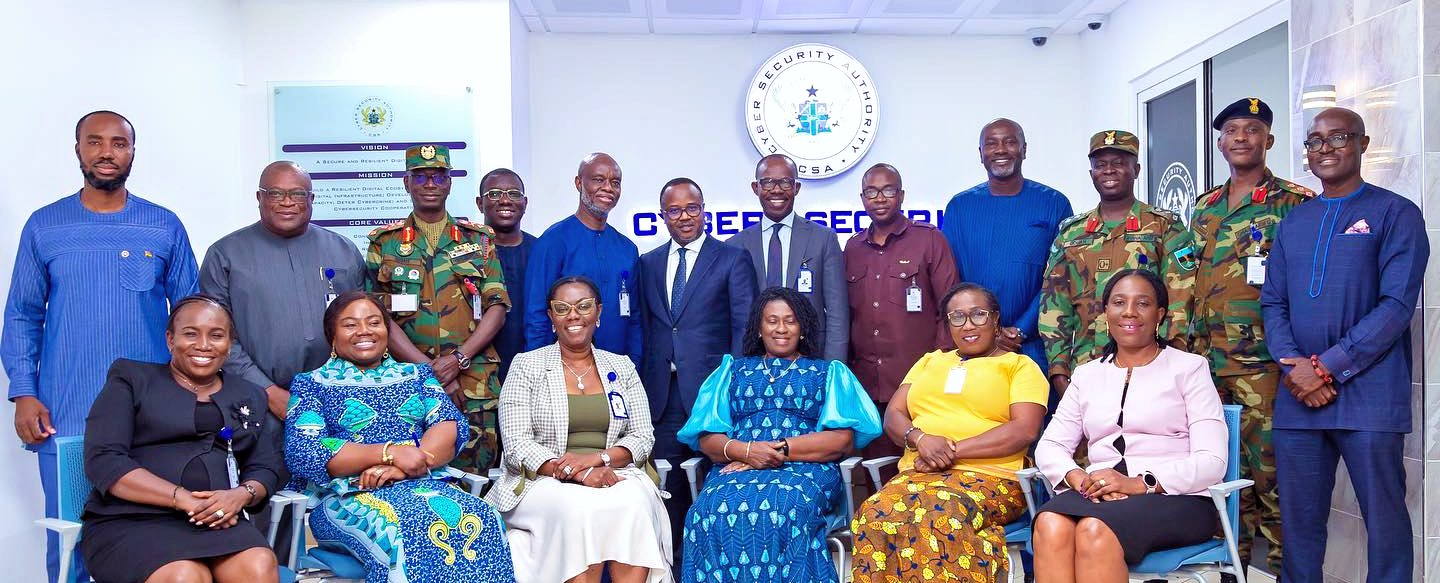How SOC as a Service is Transforming Internet Security in East Africa
How SOC as a Service is Transforming Internet Security in East Africa: A Comprehensive Analysis
The digital revolution in East Africa has been nothing short of remarkable. The region has seen an exponential growth in internet usage, with millions of people now connected to the global network. However, this digital boom has also brought with it a surge in cyber threats, necessitating robust internet security measures. One solution that is rapidly gaining traction is Security Operations Center as a Service (SOCaaS). This innovative approach is transforming internet security in East Africa, providing comprehensive protection against cyber threats.
SOCaaS is a subscription-based service that provides organizations with access to advanced security technology and expertise. It offers real-time monitoring, detection, and response to cyber threats, ensuring that businesses can operate safely in the digital space. The service is particularly beneficial for small and medium-sized enterprises (SMEs) that may lack the resources to establish and maintain their own in-house security operations center.
The adoption of SOCaaS in East Africa is driven by several factors. Firstly, the increasing sophistication of cyber threats necessitates advanced security measures. Traditional antivirus software and firewalls are no longer sufficient to protect against the myriad of threats that exist in the digital landscape. SOCaaS provides a more comprehensive solution, using advanced analytics and machine learning to detect and respond to threats in real time.
Secondly, the cost-effectiveness of SOCaaS makes it an attractive option for businesses in the region. Establishing an in-house security operations center can be prohibitively expensive, particularly for SMEs. SOCaaS, on the other hand, offers a more affordable solution, with businesses only paying for the services they need. This allows even small businesses to access high-level security measures that would otherwise be out of their reach.
Thirdly, the regulatory environment in East Africa is increasingly favoring the adoption of SOCaaS. Governments in the region are recognizing the importance of cyber security and are implementing regulations that…




